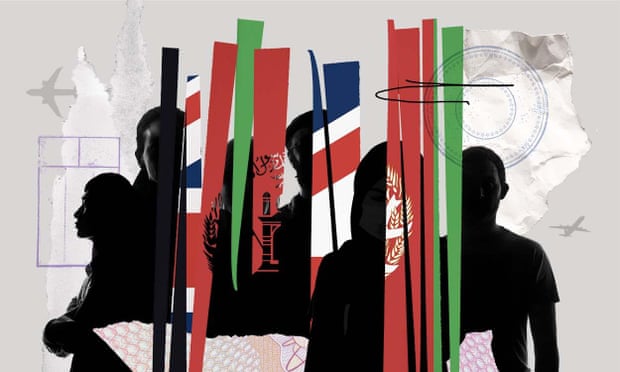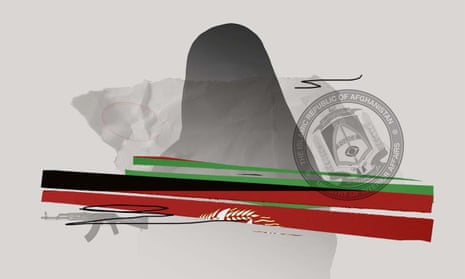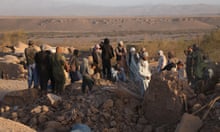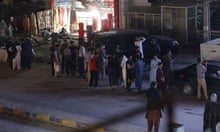*Fahima was the most senior policewoman in her province. Since the Taliban took over, women who worked in the police force have been targeted for assassination and beatings. She believes Taliban officials are particularly focused on tracking her down because of both her seniority and her role recruiting other women.
Quick GuideAfghanistan: the left behind
Show

Afghanistan: the left behind
The crowds fighting to get into Kabul airport for evacuation dispersed months ago, but while the scramble to leave Taliban-controlled Afghanistan became less visible when the last foreign troops left in August 2021, it got no less desperate.
Since then, reprisal killings have regularly been reported from across the country, including dozens detailed in a recent report from Human Rights Watch.
For those still in Afghanistan, living in hiding or in permanent fear for months now, the dangers seem to be increasing as the options for escape narrow.
The UK government has tightened rules for its ARAP visa programme for former employees.
A second scheme offering a path to safety to a wider section of Afghans at risk was heavily promoted by the government but it only began operating this month, and there are no details of how individuals can apply.
And while the Taliban have largely kept a promise to allow those with tickets and documents to fly out, Afghan passports are difficult to secure , visas are even more challenging, and flights are still prohibitively expensive.
This series features the stories of those who are trapped, in Afghanistan or in limbo as they search for safe haven, fearing for their lives from Taliban attacks or through hunger because they cannot work.
I fled to another city just two days after the country fell to the Taliban, because I knew they were looking for me in my home province. They found my address, and have been to my house and asked my family about me.
I was getting threats over the phone, too – the very first night I got calls. They rang me up, and I told them I had left our province but they said: “You’re lying, come and hand yourself over, give us your cars and guns. We know you have corrupted so many women in Afghanistan.”
It took a long time to travel here. I was in minibuses, wearing a burqa to cover my face so they wouldn’t recognise me.
There were several dozen women in the police – nobody is working now, they have all been told to just stay in their homes. Many went to Iran, some came to other cities like me, some are still living in our province.
But I was a a senior police officer in the province, that’s why there are so many threats directed at me. They are looking for me because I was senior, and responsible for recruiting women, I worked in the police for 10 years and there were no women more senior than me in the province.
They hate us and say we are not Muslim, because we got a salary from foreigners [western funds supported the security forces including for salaries] and we worked alongside men. They hate us more than other women. I don’t even tell my neighbours here that I was a policewoman before.
When the Taliban talk about an amnesty they are lying, they didn’t fulfil those promises. Just a few minutes ago, some neighbours called to warn me they are coming every day to the house [where I used to live] and ask where I am.
Even here I am moving from one place to another, changing where I stay every couple of nights. If they get me the only way I will be able to get out of their prison is death.
We had a WhatsApp group with other senior women. We were in touch regularly but some left the group and I have had no news about them now for several months.
I sent several requests to countries including the US and UK but I got no response, so I am living in limbo. I am married with no children and my economic situation is also extremely bad – I haven’t been paid for three months’ work I did under the old government, and now under the Taliban.
Thank you for being my voice, please share my story to anyone who will listen. I am living in such a difficult situation.
*The name has been changed for this article.









